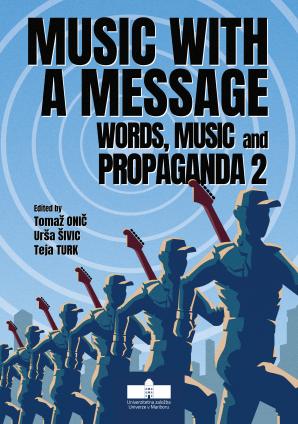Advocating for the New Woman: the Linguistic Aspect of Eliza’s Speech in the Maribor Production of My Fair Lady
Synopsis
Lerner and Loewe’s 1956 musical My Fair Lady is based on the famous 1913 play Pygmalion by George Bernard Shaw. The central feature of the plot is the transformation of Eliza Doolittle, a simple-mannered flower girl who speaks Cockney dialect, into a well-behaved and independent individual who becomes a prime materialization of the late 19th century feminist ideal of the New Woman. The musical introduces several plot and character modifications, which affect the intensity of the New Woman advocacy, yet this aspect still greatly depends on each individual production. This paper focuses on the 2015 Maribor National Theatre production, comparing it to the 1964 Warner Bros film version of the musical. Judging from our analysis, the Maribor production unwillingly downplays Eliza’s transformation into the New Woman, owing to her initial exaggerated characterization and the omission of several parts of the libretto that promotes Shaw’s feminist ideas.







